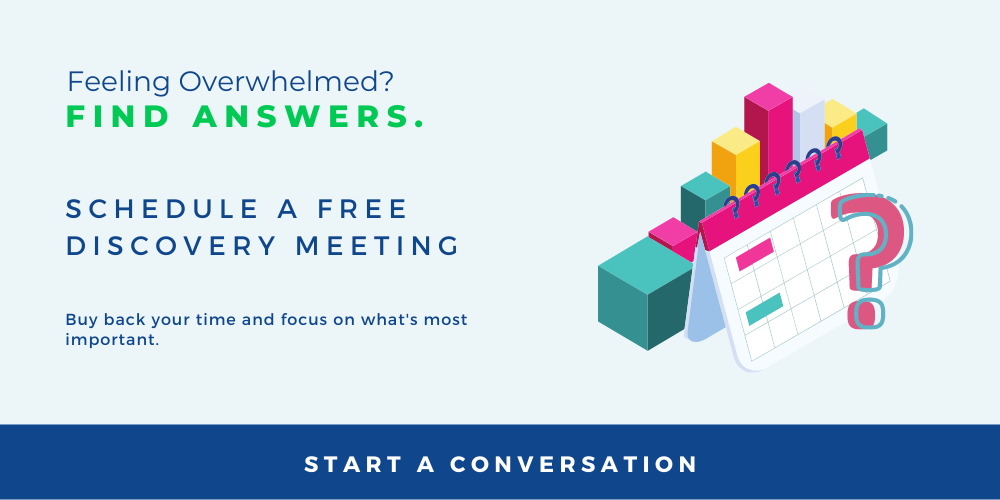%20-%2010-17-2022.png?width=1600&height=900&name=Image%20-%20Blog%20Image%20-%20EE%20-%20What%20Books%20Can%20I%20Read%20to%20Prepare%20for%20Retirement%20-%20booksl(color)%20-%2010-17-2022.png)
If you are searching for literature on retirement life, you’ve come to the right place. Exchange has three recommendations for must-reads before you enter the next stage of life. These books should lead you to make stronger, more informed decisions as you come closer to retirement.
Nudge by Richard Thaler and Cass Sunstein
Nudge is our number one recommendation in educational literature regarding retirement. Nobel prize winner Richard Thaler and Harvard Law School professor Cass Sunstein use behavioral science research to assess the ways people think. By doing this, they decide that everyone is susceptible to their own biases when making decisions, often pushing them into making bad choices. By understanding that, they discuss how to nudge people toward making decisions in their best interest.
We recommend Nudge because this book aims to help you make better, more rational decisions. If it succeeds in that goal, you will be able to recognize and remove your personal biases and make even-keeled decisions while managing your money.
Being Mortal by Atul Gawande
Being Mortal isn’t specifically a finance book, but an important one to read as you prepare for retirement. Dr. Atul Gawande is a surgeon and professor who witnessed people stressed and struggling to make decisions regarding older loved ones who were not in their right minds. Due to all the pain it caused, he wrote this book on how to communicate with others more effectively and frequently.
Aging is inevitable. This book can help you make difficult decisions with more confidence in times of stress. It helps us understand how to discuss complicated topics before it’s too late.
Thinking in Bets: Making Smarter Decisions When You Don’t Have All the Facts by Annie Duke
Thinking in Bets main goal is similar to Nudge: to help you become a better, more efficient decision-maker. But Annie Duke takes a different approach to reach that goal.
Throughout the book, Annie pushes people to get comfortable with life’s uncertainty. Most of the time, decisions won’t have the answers laid out for you. Therefore, you should become comfortable with that uncertainty and work to assess what you know and don’t know before making a decision. If you become comfortable with jumping into the unknown, you can make more rational decisions in the long run.
The Bottom Line
There are more books that can be valuable in your education of post-retirement life, but these are a good starting point. To learn more about what you should be doing before you retire, consider scheduling a discovery meeting with us. We would love to help you and your family plan and prepare for the next stage of life.

VIEW PDF